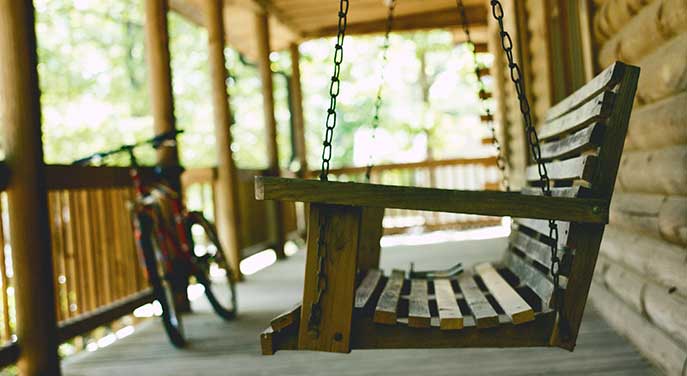 There will never be a shortage of situations that put people in conflict with one another.
There will never be a shortage of situations that put people in conflict with one another.
From our strong opinions about vaccinations to the economics that drive decision-making. From differences of opinion about in-laws (and outlaws) to parenting to crime prevention and everything in between.
Who owns the problem and how it gets solved are complex challenges.
But does the complexity of a problem mean we shouldn’t try to resolve it?
Albert Einstein said: “No problem can be solved from the same level of consciousness that created it.” He also said: “Any fool can make things bigger, more complex and more violent. It takes a touch of genius – and a lot of courage – to move in the opposite direction.”
I’m not suggesting that all our conflicts are simple or easy to address. But I’ve been mulling over what it would take to get back to a culture of more caring, trust and openness. And I’ve concluded that, at least for myself, it comes down to feeling more connected.
When we feel connected and valued, we trust more and are more open to sharing ideas and thoughts. We become more curious when we openly value someone within our circle of belonging.
Contrast that with feeling isolated, judged or marginalized within a group. It should come as no surprise that we feel defensive and prickly when our opinions aren’t shown respect. We perceive a need to shout when we feel no one is listening – even if they are.
 Remember the ‘good old days’ when people sat on their front porches discussing the latest news and politics? While those front porch talks are a thing of the past, our need to feel connected hasn’t changed. If anything, the craving is greater than ever.
Remember the ‘good old days’ when people sat on their front porches discussing the latest news and politics? While those front porch talks are a thing of the past, our need to feel connected hasn’t changed. If anything, the craving is greater than ever.
Technology has failed at fostering a sense of belonging. While it’s made it easier to build community, it hasn’t made us better at building connectedness.
Psychologist Abraham Maslow was right: If we genuinely want to reduce conflicts with self and others, we have to start by satisfying our craving for safety, belonging and significance. In every communication, in every conflict, we’re subconsciously either reinforcing or begging for safety, belonging or mattering. No one is immune to these needs.
The safer we feel, emotionally and physically, the bigger risks we’re willing to take. The greater the feeling of connection with others, the more we believe that we’re in this together and we want to work together. The greater the feeling that we matter, make a difference and contribute to something important, the greater the success of our organizations, relationships, families and teams. We begin to act and behave in more collaborative and cohesive ways.
When I lived in low-income housing more than 25 years ago, I was part of just such a connected community – perhaps out of necessity more than intention. Neighbours all pitched in to help each other with yard work, house cleaning, emergency child care, dinners and movie nights. Our survival as single-parent families depended on this approach.
We were also better for it. We sat on the front steps together, inspiring each other to take risks, solve problems and find joy through some pretty challenging situations.
Perhaps it’s time to bring back porch swings. Perhaps today is the day you actually go meet your neighbours and learn more about them. Perhaps today is the day you pause, make eye contact and begin to explore how to build a more connected community.
Perhaps then and only then will we be able to tackle the complex problems all around us.
Faith Wood is a novelist and professional speaker who focuses on helping groups and individuals navigate conflict, shift perceptions and improve communications. For interview requests, click here.
The opinions expressed by our columnists and contributors are theirs alone and do not inherently or expressly reflect the views of our publication.
© Troy Media
Troy Media is an editorial content provider to media outlets and its own hosted community news outlets across Canada.


